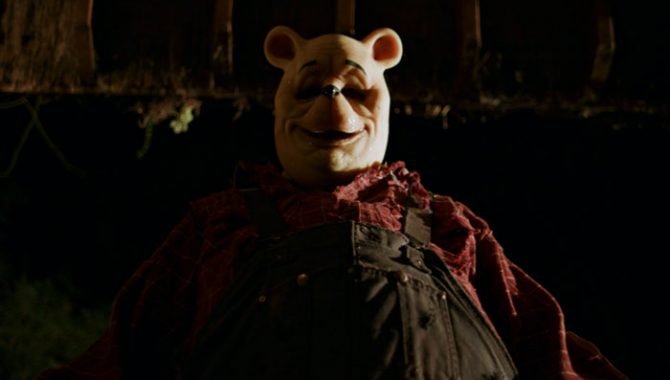—-
To stay in the loop with the latest features, news and interviews from the creative community around licensing, sign up to our weekly newsletter here

Inspired by the recent release of Winnie the Pooh: Blood and Honey, Rachel Von Hossle – Marketing & Copyright Expert at Wynne-Jones IP – looks at what can happen when beloved characters fall out of copyright.
Arguably one of the most horrifying times for an IP owner is when protection dies – or expires. The time period for this varies, depending on the protection or right.
For patents, provided the owner continues to renew the right, patent protection can live to a maximum of 20 years. After this, it becomes part of the public domain. For trade marks, again provided the right is renewed, protection can live forever. In fact, the first UK registered trade mark is still in force and has been going strong for 147 years.
In the UK, the life-expectancy of copyright sits between the two and as an automatic right – born on creation of the work – there is no need to register it. There is also no requirement to renew the right, and it will expire 70 years after the death of the author. Protection of famous works expire regularly, and most publishers will have the dates of which they can print their own versions of the classics firmly in their calendar.
Recently, however, the likes of Winnie the Pooh and Bambi have not only lost their protection but, in a dark twist, become the stars of horror movies with Winnie the Pooh: Blood and Honey and the upcoming Bambi: The Reckoning. A sinister turn? Perhaps. Although the principle behind works entering the public domain is to stimulate innovation, advances in technology and creativity…
As horrifying as it might be for those that have fond childhood memories of the famous yellow bear and bandy-legged fawn, Winnie the Pooh: Blood and Honey and Bambi: The Reckoning are, arguably, examples of the unpinning reason behind release into the public domain. They are new creative works.
That said, the creators need to tread carefully. Release into the public domain doesn’t mean that these famous characters are a free-for-all. Take Pooh for example… While the original works by A.A. Milne may now be in the public domain, later work remains protected. In the original works, Pooh didn’t wear clothes and today’s conception was created much later, which means they still enjoy protection.
By continually redesigning and tweaking characters over the years, brand owners can enjoy protection on later images and new creators looking to cash in on public domain rights have to be very careful to only use the work where copyright has actually expired.
The fact that Pooh in Winnie the Pooh: Blood and Honey can be seen wearing clothes might prove somewhat of a sticky wicket… How Disney responds is one to watch, particularly given the original Mickey Mouse will enter the public domain in 2024.
“Creators need to tread carefully… Release into the public domain doesn’t mean that these famous characters are a free-for-all.”
It’s not all doom and gloom though and while copyright death can be a literal horror, fairy tales can come true and on a rare occasion protection can be given new life…
In 1929, Sir James Barrie gifted the rights to his work Peter Pan to Great Ormond Street Children’s Hospital in London. This means that ever since then, all royalties from Peter Pan have gone to – and belong to – the hospital. Before the extension of the UK copyright term in 1996, protection lasted for 50 years after the death of the author which meant protection for Peter Pan first expired in 1987. In a magical twist, an amendment to the Copyright, Designs and Patent Act 1988 made it safely through the House of Lords which preserves the hospital’s right to the royalties in perpetuity.
Could gifting the IP rights of Winnie the Pooh and Bambi to a charity have allowed them to fall under the scope of the amendment? Unfortunately not – the amendment in the CDPA 1988 relates specifically, and only, to Peter Pan and Great Ormond Street Children’s Hospital. In this real-life fairy tale, the boy that could never grow old and who looked after the lost boys enjoys a unique legal privilege that means he can forever live on for the benefit of sick children.
Enter your details to receive Brands Untapped updates & news.